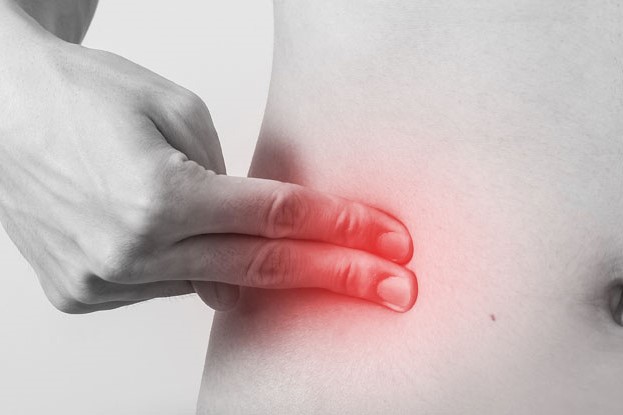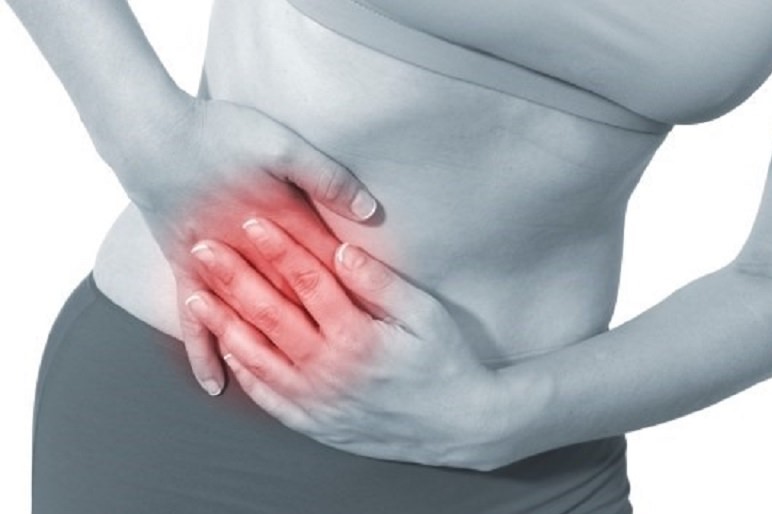
Appendicitis: what causes it and how to deal with it
Appendicitis is an infection of the appendix, a protuberance of the large intestine whose function has not yet been fully ascertained, although, without it, it is possible to live without any problems
This is why its removal, which is the standard treatment in cases of infection, has no serious side effects.
Appendicitis is an inflammatory disease, generally benign, but which may develop severely.
What is appendicitis?
Appendicitis is a rare problem before the age of 2, and its incidence increases between the ages of 10 and 30.
Following diagnosis, immediate medical intervention is necessary.
If not properly treated, this disorder can progress to perforation of the appendix, which leads to the release of infected material into the abdominal cavity and, consequently, to peritonitis.
Sometimes an abscess may form outside the inflamed appendix. In this case, treatment is not as urgent as in the case of peritonitis.
Unfortunately, however, the abscess is usually identified during surgery, which in the case of appendicitis is the routine treatment.
What are the causes of appendicitis?
Inflammation develops when the appendix fills with material, such as faeces or a foreign body. In some cases the problem may be associated with an infection.
What are the symptoms of appendicitis?
The most common symptom is a dull ache in the belly button or upper abdomen that becomes more intense in the lower right abdomen.
This pain may be accompanied by loss of appetite, nausea or vomiting shortly after the onset of abdominal pain, swelling in the abdomen, a fever of 37 to 39 °C, difficulty in eliminating intestinal gas, pain when urinating, cramping, even severe cramping, and constipation or diarrhoea.
How to prevent appendicitis?
There is no certain way to prevent appendicitis.
It is known, however, that the disease is less frequent among people who eat foods rich in fibre, such as fruit and vegetables.
Read Also:
Emergency Live Even More…Live: Download The New Free App Of Your Newspaper For IOS And Android
Biliary Colic: How To Recognise And Treat It
What’s Causing Your Abdominal Pain And How To Treat It



